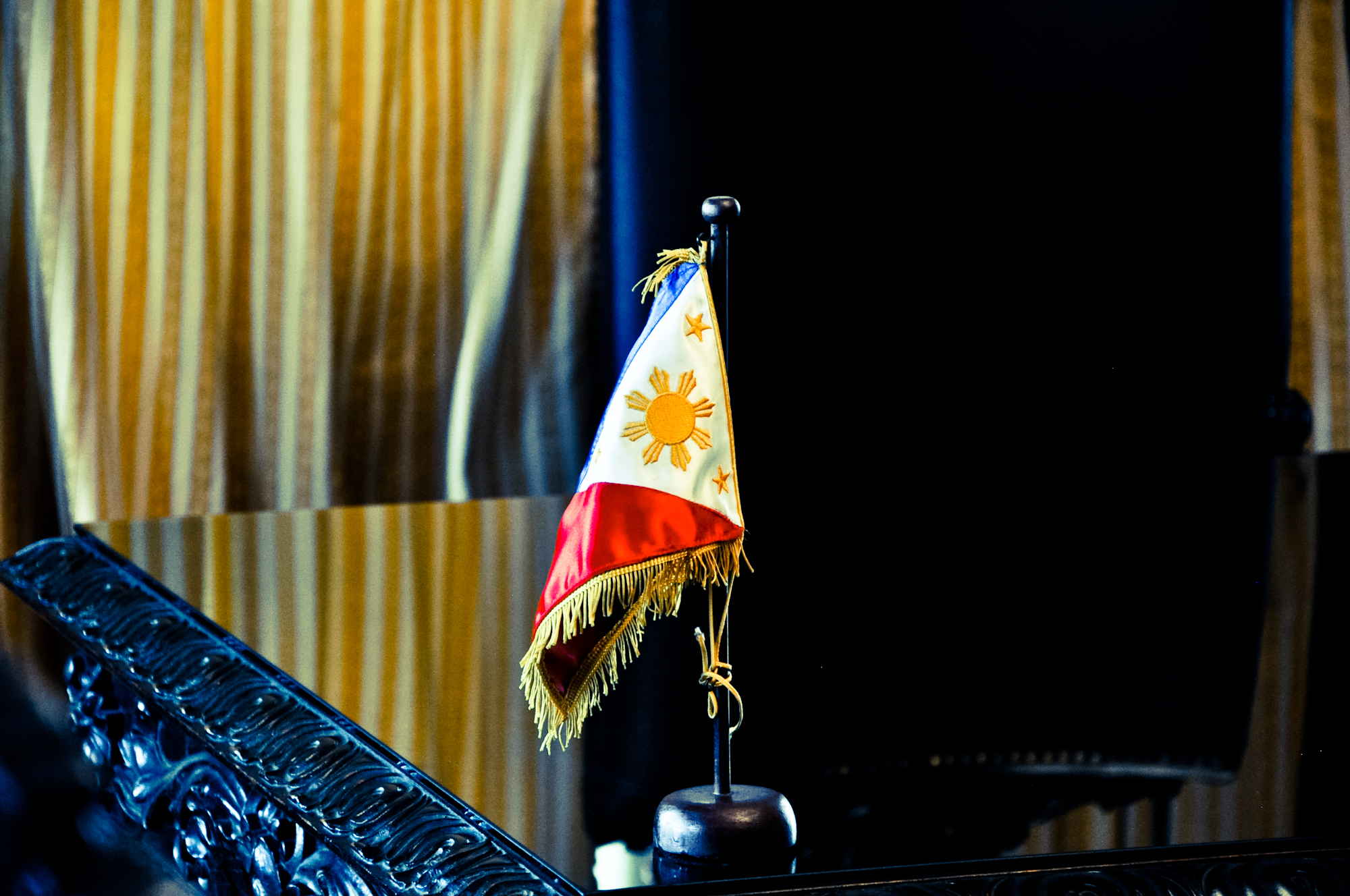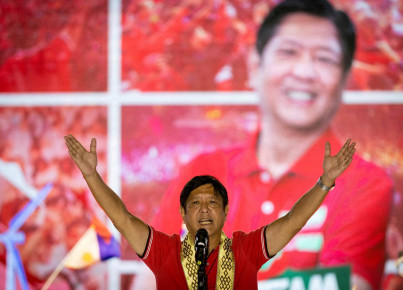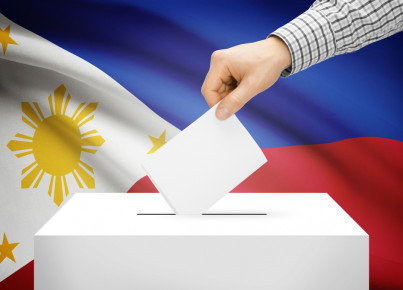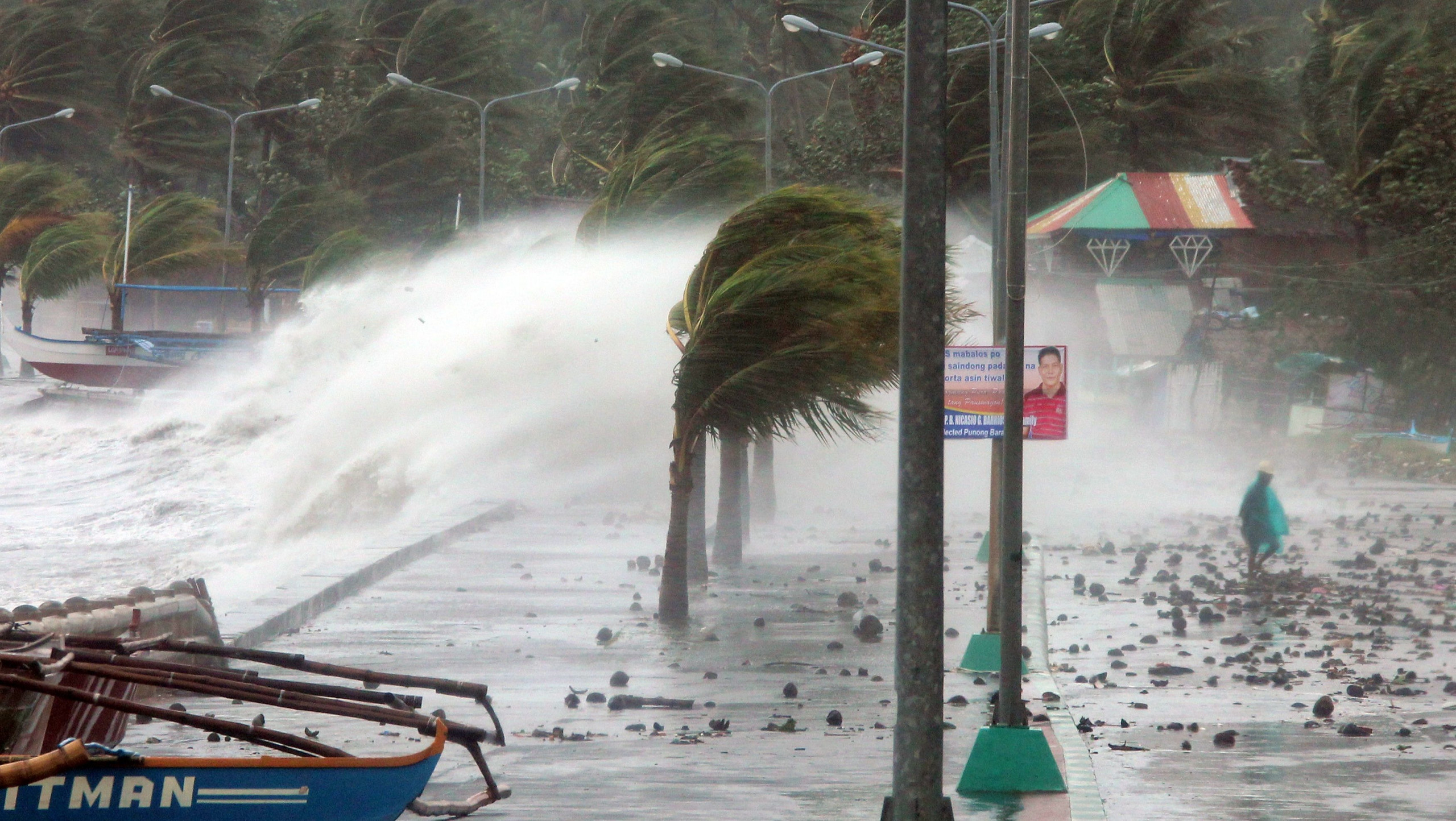In Manila people wonder what the post-Rodrigo Duterte will be like. There are many candidates who have chosen to compete for the highest office of the State, the Presidency of the Republic.
Rodrigo Duterte cannot run for president again and has renounced to run for vice-presidency. The Philippine Constitution provides for a single six-year term for the President who is elected in a single turn, regardless of the difference in votes with rivals.
The top candidates for the 2022 Philippine presidential election are Panfilo Lacson, senator and former police chief, Ferdinand Marcos Jr, son of dictator Marcos, Manny Pacquiao, a senator and former boxer, Ronald dela Rosa, the former police chief who leads Duterte's war on drugs, and Leni Robredo, the current Vice President. For now, the candidates do not include Sara Duterte-Carpio, the president's daughter. However, as a candidate for a third term as mayor of Davao, where her father was, she has until November 15 to change her mind and run for president. This same escamotage was used by his father in 2016.
To date, no one seems sharply favored to become the future tenant of Malacañang Palace, the presidential domicile. The race is about to begin: the electoral campaign will officially begin on February 8th 2022 ending on May 7 and the polls will be open on May 9.
Regarding the various competitors, some have elements of continuity and others of discontinuity with the outgoing administration.
Ferdinand "Bongbong" Marcos Jr, 64, would like to lead the country out of the pandemic crisis by seeking the collaboration of other political groups. This intention seems difficult to accomplish as human rights activists, mindful of his father's past, hope he will not become president. Protests in the street demand that Marcos return the wealth accumulated during the dictatorship (estimated at more than 10 billion dollars) and that they pay a prison sentence. In addition to the funds, another important asset of Marcos Jr. is the link with Duterte: the electoral base of the President in the south together with that of the Marcos in the north has the potential to gather a large and widespread number of votes in the country. It competes under the Partido Federal Ng Pilipinas, founded in 2018 in support of Duterte.
Senator Ronald "Bato” dela Rosa, 59, is the closest to Duterte's policy, who put him at the head of the controversial war on drugs that since 2016 has resulted in more than 6100 casualties. His candidacy in extremis wanted by the PDP-Laban, the ruling party of which Duterte is also a member, has the declared purpose of keeping on with the legacy of the current administration.
Manny Pacquiao and Francisco "Isko Moreno" Domagoso follow a different line. Both share a past of extreme poverty and a present of economic redemption, as well as fame.
Pacquiao, 42 and proudly Christian, has been a senator since 2016 and his agenda includes helping the poor. He criticized the disparity with which Duterte distributed economic and health aid to cope with the pandemic. According to the journalist Maria Ressa, Pacquiao would be politically immature for lack of experience and for having been mostly absent and not very proactive in parliamentary sessions. He participates under the banner of PROMDI, based in Cebu, and not of the PDP-Laban of which he has been president since December 2020. According to Rappler, Pacquiao chose to run with this party after the clash with the Cusi faction of the PDP-Laban who contested the legitimacy of this change after the official candidacy. This has made the Electoral Commission investigate the illegitimacy of the candidacy and conflict of interest.
Domagoso, the on the rise forty-six-year-old mayor of Manila, is a well-known actor of the 90s who has been in politics since '98. He is considered a populist like Duterte but more moderate, he says he intends to be a “healing president” and wants to continue the fight against drugs but without allowing "legal murders". He competes with Aksyon Demokratiko, a party established in 1998.
Panfilo Lacson,74, a long-time senator and former police chief, also ran in 2004. Probably at the last stride of his political life, he declared the will to combat corruption, drug trafficking and crime by running with the Partido Reporma.
Finally, Leni Robredo,56, is the candidate most at odds with the current presidency. The Vice President is a human rights lawyer who has always been critical of Duterte's campaigns. In the Philippine system, the vice-presidency is voted separately and can be on the opposite side to that of the President. Robredo says she has applied to "ensure a future of equal opportunities" for Filipinos. His electoral base is very large thanks to the work during her mandate, and she is an independent candidate despite being leader of the Liberal Party.
Last September, a study by Pulse Asia analyzed the chances of winning and the factors that determine the voting projections for each candidate. To have a good chance of winning is fundamental to possessing large funds and a widespread national organization that provides visibility. Marcos owns the family wealth but does not have an organization behind him; Lacson, Moreno and Robredo do not possess any of these requirements but rely mainly on their image and fame; dela Rosa is backed by the PDP-Laban but his sudden and last-minute candidacy can be a malus. Who could have great chances, if she were to apply, is Sara Duterte-Carpio. Her father's economic resources and alliances could give her an important advantage to obtain the necessary votes to take office in Malacañang Palace. But the game is still on.






